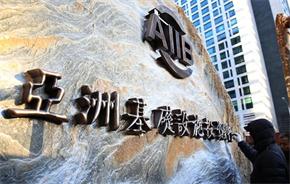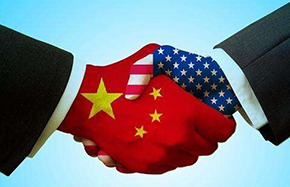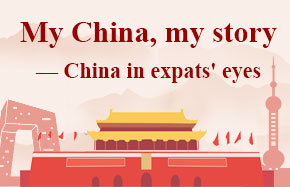EU is not totally safe against terrorists despite strict measures
[2017-08-30 07:28]From the bloody airport and metro terrorist attacks in Brussels in March to a truck driver plowing through shoppers in a Christmas market in Berlin in December, 2016 was a year of sorrow and anger for Europe as the European Union suffered more deadly attacks following the bloody incidents in Paris in 2015.
Chinese are ready for adventure, but is EU prepared to receive them?
[2017-08-22 07:47]Brussels' tiny Schumann Square, around which European Union institutions and embassies are nestled, may not be as famous as Beijing's Tiananmen Square, New York City's Times Square or Moscow's Red Square.
TV shows, films can consolidate cultural bonds with Europe
[2017-08-08 07:55]I am thrilled by the avalanche of comments, re-posts and likes that I received within hours of the publication of my article on China Daily's weibo account on actor Jin Dong and his presence in the Belgian city of Antwerp to film Mr Right, a new TV drama.
EU should regulate investment cautiously
[2017-08-01 07:44]The latest skirmish is over Brussel's eagerness to centralize the approval process for European companies' takeovers by foreign enterprises amid an explosion of Chinese investment in the EU.
Stick to openness while defending Paris Agreement
[2017-07-18 07:10]After US President Donald Trump said he would pull out of the Paris agreement on climate change, French President Emmanuel Macron replied that he was on a mission to "make our planet great again", a play on Trump's catchphrase, "Make America Great Again".
G20 must put actions to its words if it is to deliver on its consensus
[2017-07-11 07:12]
A comparison of the outcome documents from the G20 summit in Hamburg that concluded on Saturday and those produced at the Washington gathering, the first such meeting between the leaders of the 20 major economies held two months after the fall of financial giant Lehman Brothers in 2008, leads to both encouraging and worrisome observations.
On China's 'diplomatic chessboard', Germany is an important piece
[2017-07-04 08:26]As the host of the G20 summit, a platform where global issues are discussed, Germany needs support to ensure the success of the event. And Xi, who hosted G20 Leaders Summit in Hangzhou in September last year, is expected to provide that support.
A safer EU could attract more capital, tourists
[2017-07-01 09:10]Hopefully, EU leaders will realize the immediate need to make European cities safer so as to attract more investments and tourists.
EU reality kicks in as haggling begins over UK's divorce
[2017-06-20 07:14]With Prime Minister Theresa May setting a Global Britain blueprint, the negotiation teams are scheduled to complete the talks in early 2019.
EU at a crossroad as members ponder UK situations
[2017-06-13 07:25]With the EU completing 60 years (the Treaty of Rome was signed on March 25, 1957), reflections and timely actions are both essential, and in many cases urgent.
China seeks commitment from the European Union
[2017-06-06 07:53]In the dynamically evolving multilateral world, such conditions equally apply to the West itself. The United States' withdrawal from the Paris Climate Change Agreement has highlighted the necessity of such a call.
Right time for EU to transform words into action
[2017-06-01 08:02]And this is the right time for the EU to seize the "historic momentum" to turn words into action, because its member states are eager to engage China in European policies on various fronts.









